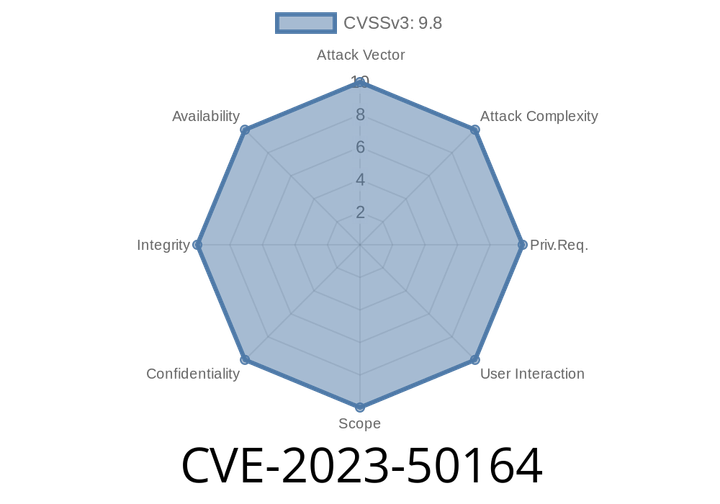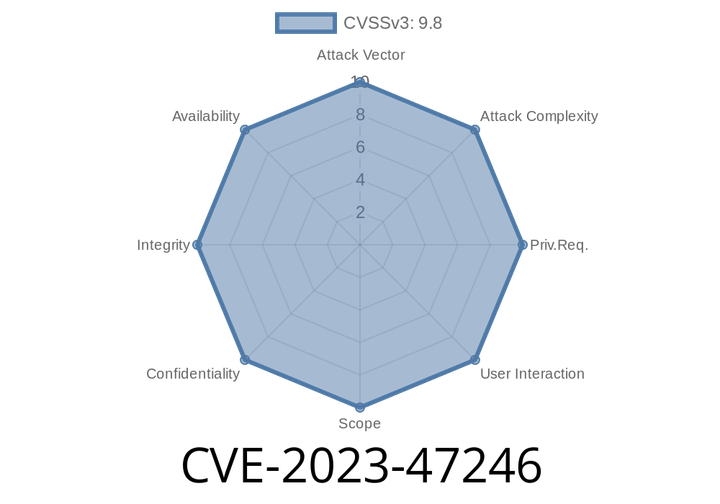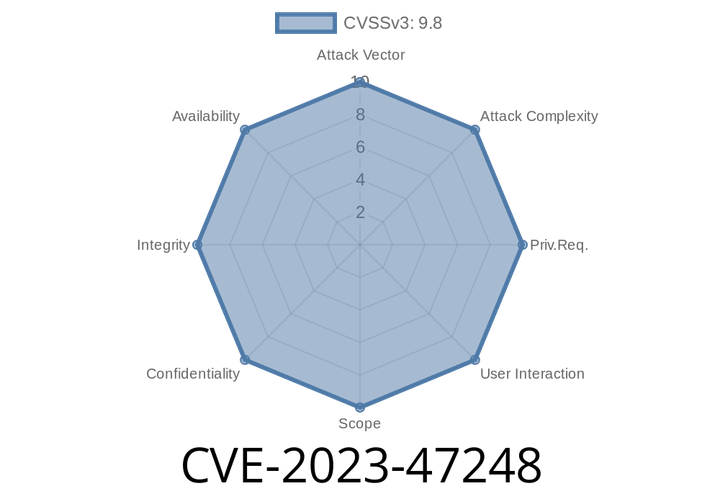CVE-2023-50164 - Path Traversal & Remote Code Execution in Apache Struts - Explained with Exploits, Code, and Fixes
---
Apache Struts is a widely used web application framework for Java that helps developers build robust enterprise-grade applications. But in late 2023, a critical
CVE-2023-49283 - How a Simple Test File in Microsoft Graph Core PHP SDK Could Leak Your Secrets
On January 12, 2024, a security flaw with the identifier CVE-2023-49283 was made public, highlighting a critical threat lying dormant in the Microsoft Graph Beta
CVE-2023-46589 - How Apache Tomcat's Vulnerability Can Open the Door to Request Smuggling Attacks
Apache Tomcat is one of the most popular Java application servers in the world, powering countless web applications for businesses, governments, and hobbyists. But in
CVE-2023-47246 - How Attackers Exploited SysAid's Path Traversal Bug for Code Execution
In November 2023, security researchers discovered a dangerous vulnerability (CVE-2023-47246) in the SysAid On-Premise platform, versions before 23.3.36. The bug quickly became a
CVE-2023-47248 - Exploiting PyArrow’s Dangerous Deserialization – What Developers Must Know
In November 2023, a major security vulnerability was disclosed for PyArrow, identified as CVE-2023-47248. This flaw lurks in the way PyArrow handles deserializing data, specifically
Episode
00:00:00
00:00:00




